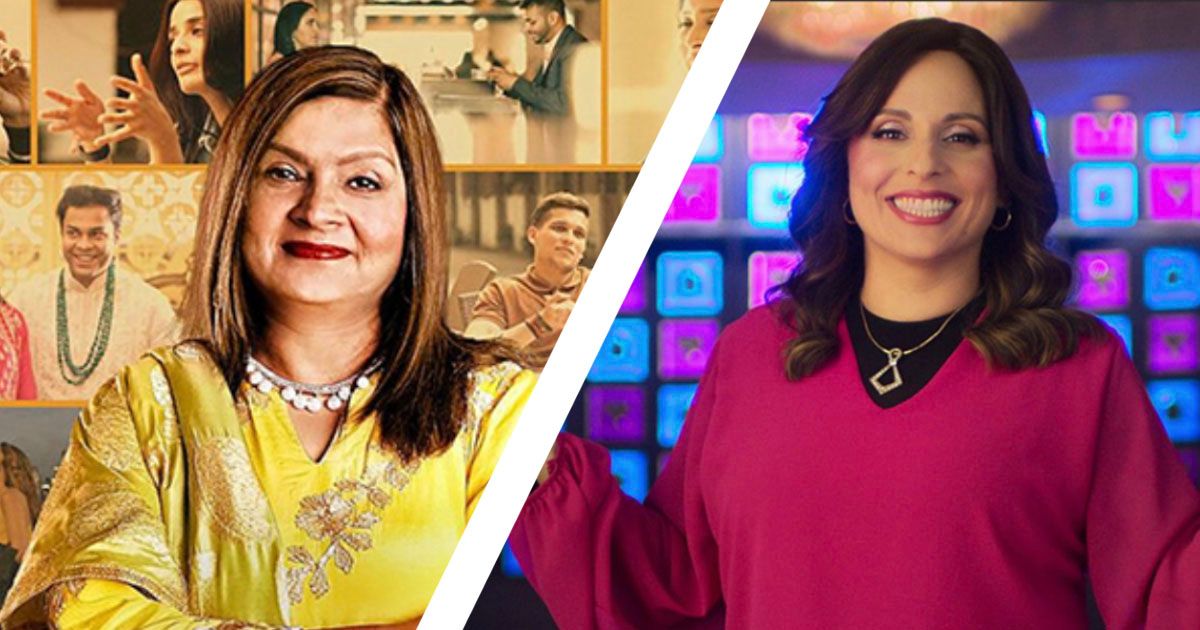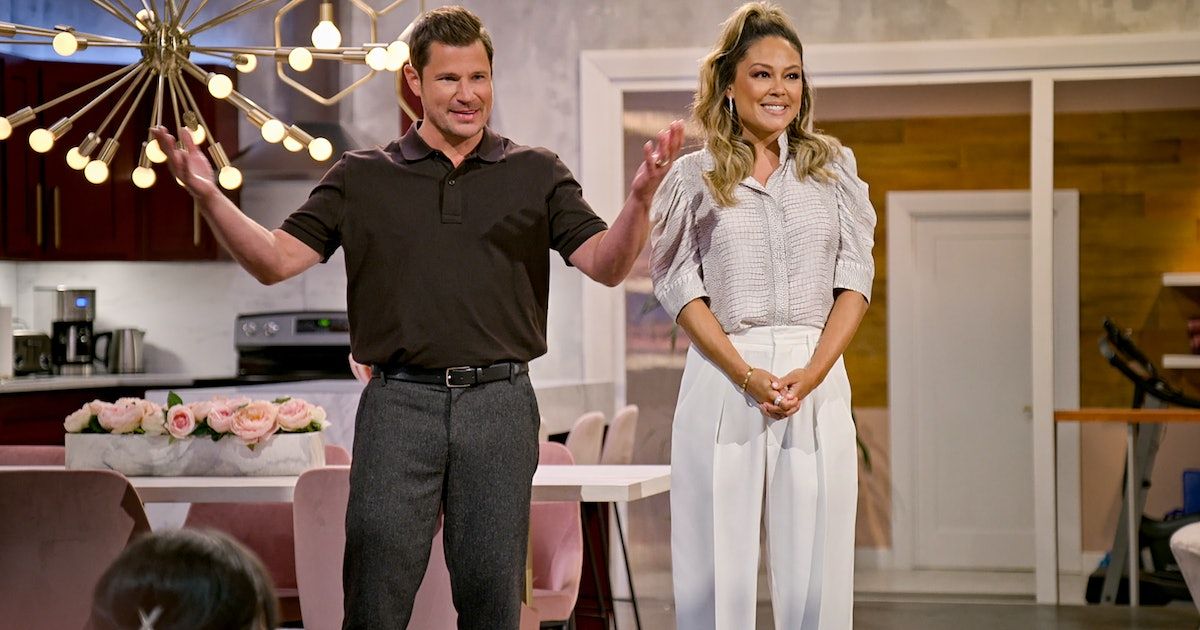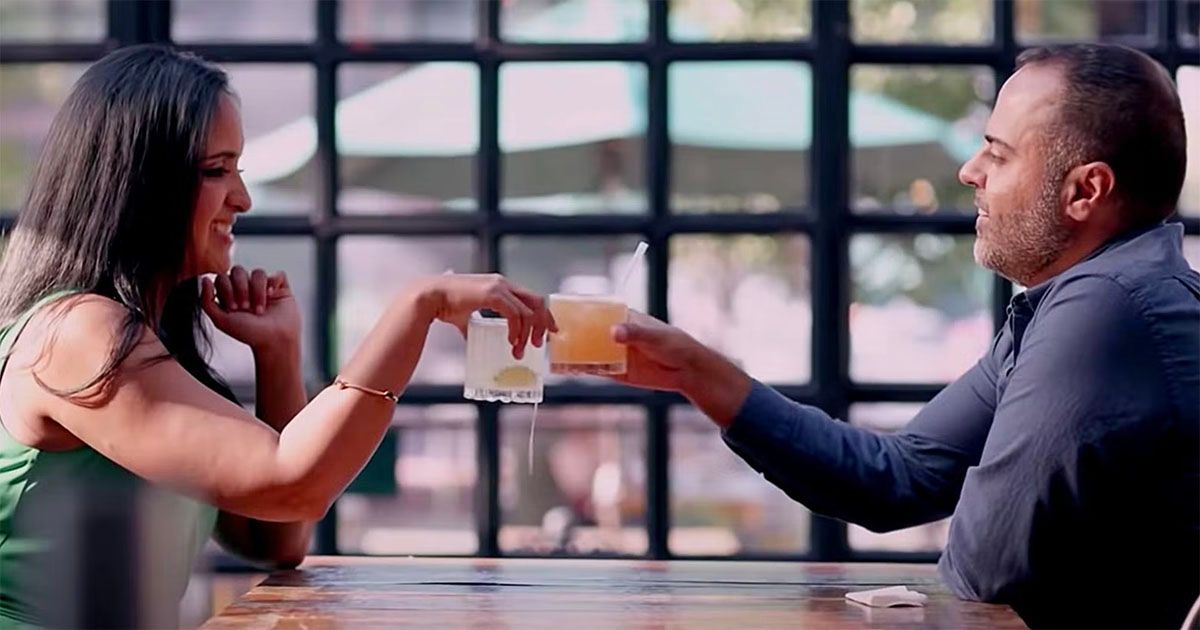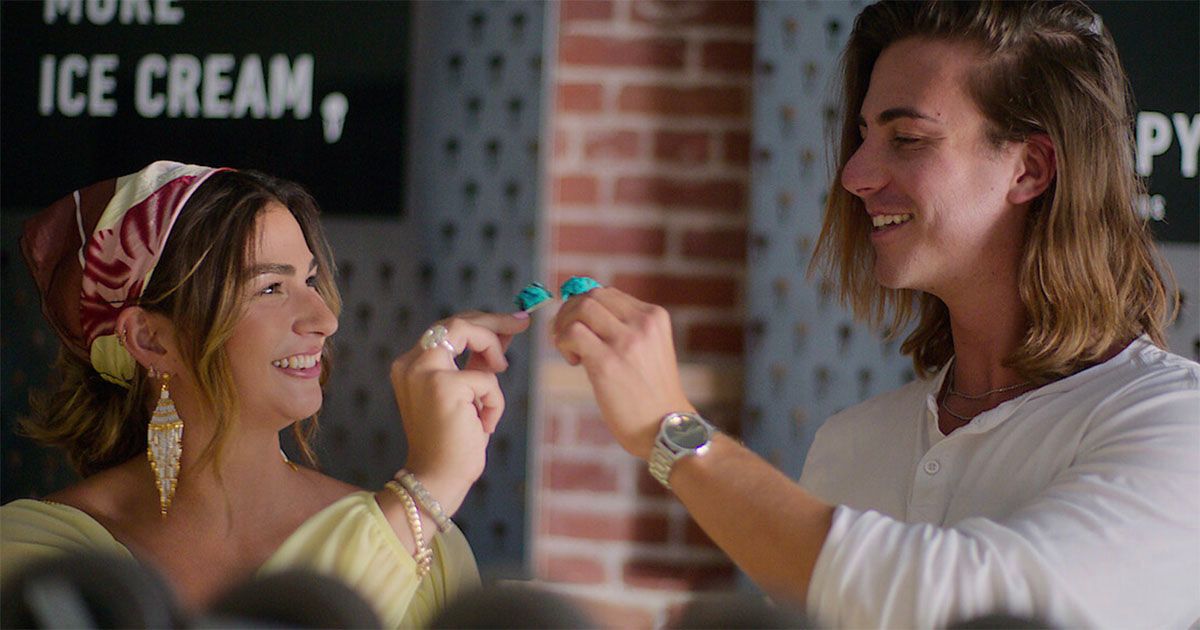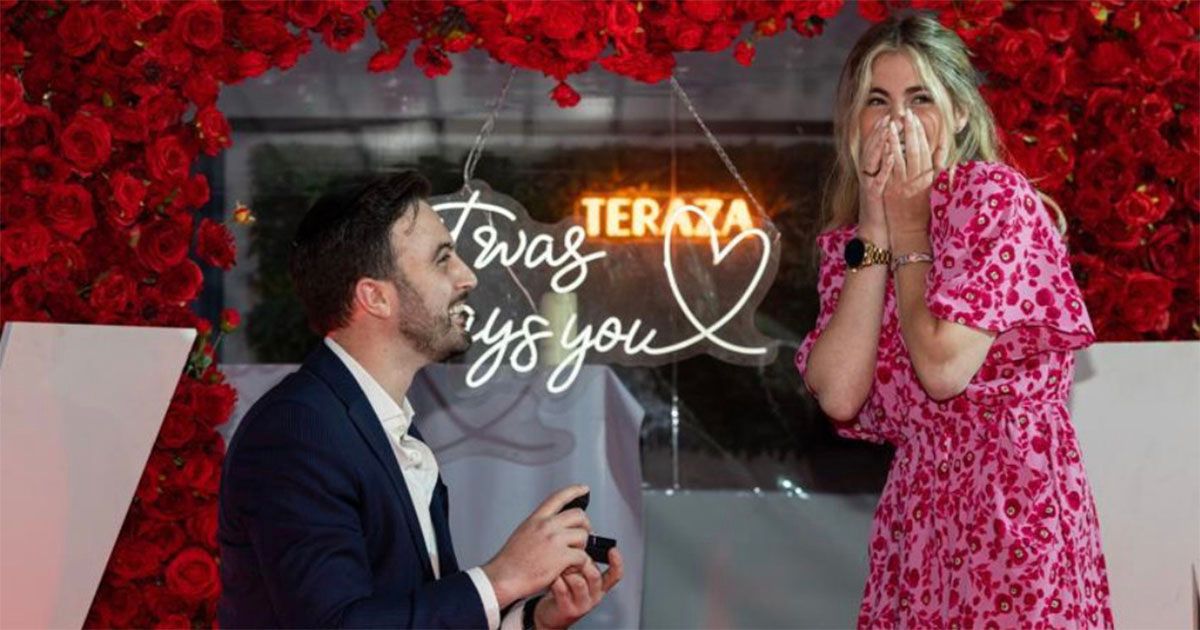Dating shows have been a steady income stream for Netflix. They are a subgenre of reality, and reality costs a lot less than scripts. But a new phenomenon has popped up in people’s algorithms—the matchmaking show. Currently, two shows are topping the charts on Netflix, which may portend a new wave of water cooler conversations.
Dating shows and other programs based on love have proven they can stand the test of time, which may play a huge part in Netflix's current obsession with the subgenre.
The State of Dating On the Small Screen
People have been watching dating shows of all shapes and sizes for decades. Whether it is the original The Dating Game or the more current The Bachelor, we love watching people find love… or melt down and burn up in the process.
The most recent Netflix to pick up steam has been Love Is Blind, where the participants meet without seeing each other, agree to get engaged, and only then get to see each other once that decision has been made. After that, it's a simple, protracted living situation, and the big reveal is whether one will leave the other at the altar.
Top-notch viewing.
Love Is Blind has been on for four seasons, has seen its share of heroes and train wrecks, and has earned its place alongside fan favorites like The Bachelorette. It also shows no signs of stopping even as Netflix continues to prove that they have no problem wantonly killing off beloved scripted programs.
Starting a Phenomenon
When Indian Matchmaking hit the streaming world, it shot to the top of the algorithm and began turning heads. People started talking about the entire concept of matchmaking, how Indian culture is represented worldwide, and the benefits of having someone take over what dating apps have failed to do.
Then they started talking about Aparna. The American was so picky and prickly that audiences immediately had to watch her train wreck through a series of beyond-awkward dates. The question (which lingered into season 2) was whether top matchmaker Sima Taparia would side with the audience and exasperatingly admit defeat.
But there were plenty of likable characters as well (not always the best thing for a modern dating show) who audiences fell in love with. Vyasar was someone people rooted for because he was the perfect match that viewers just wanted to give a big hug. And that was the beauty of the show. It was relatable, and people wanted to see how this seemingly outdated practice would translate into the modern world.
Matchmaker, Matchmaker Make Me a Match
Producers of Indian Matchmaking realized they had their hands on a compelling concept that people hadn’t seen before. Soon after, they found Aleeza Ben Shalom and realized there was a market for the same concept in Jewish culture.
Jewish Matchmaking premiered on May 3. It was an immediate success with the same groups that watched Indian Matchmaking. In fact, with the success of the original program, this new series had an even larger buy-in.
In this series, we saw many of the same tropes, including the thirty-something handsome guy with mommy issues who wants a supermodel-level beauty to fill the spot. His name is Ori, and he’s a bit of a tedious pain. But that makes for some great matchmaking viewing.
The show is designed in much the same way as Indian Matchmaking. The difference is that, in this case, Aleeza Ben Shalom splits her time between the US and Israel. The families still want their kids to find a match, some a bit more than their kids. But everyone is game and ready to talk and meet their potential matches.
The questions are always whether the practice is outdated, how much it feels like it really isn’t, and whether people outside both cultures will drop Tinder in favor of their own Sima Aunty.
Will This Trend Continue?
The truth is that plenty of cultures still embrace matchmaking, and there's plenty of room for an expanded Netflix matchmaking universe. This NMU could take over the algorithm, although it's not pushing out the more traditional shows just yet.
Netflix currently leads the streaming charge when it comes to dating and reality shows. Just look at the range of extremely similar shows: Love is Blind, Too Hot To Handle, Perfect Match, Single’s Inferno, Love Island, and Married At First Sight. There are dozens more, with some contestants even jumping from one show to the other.
And that’s a big difference. Indian Matchmaking and Jewish Matchmaking do not have a dating show feel. These are not contestants. These are hopefuls. These are relatable individuals rather than Instagram wannabes. They seem to genuinely want a connection.
The matchmaking shows are tame compared to The Bachelor, where twenty women are openly catty to each other and spend their days drinking and crying. Matchmaking stars are real people being filmed in a unique situation. It is real reality TV rather than clever edits and fields of roses.
With audiences constantly clamoring for content different enough from what they love, this trend could be a fascinating experiment in changing tastes. Sure, Bachelor In Paradise offers toned bodies, broken personalities, and sexual tension, but Indian Matchmaking offers face-readings, horoscopes, and a lot more parental side-eyes.
It’s up to audiences to decide which they prefer, if the two universes can exist side by side, and if this new NMU will expand to other cultures. Indian Matchmaking and Jewish Matchmaking are both streaming on Netflix.

